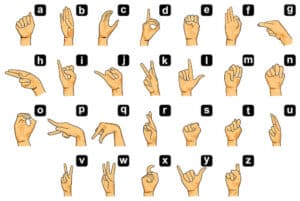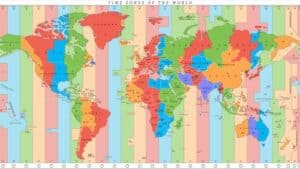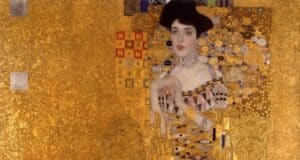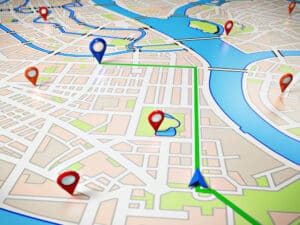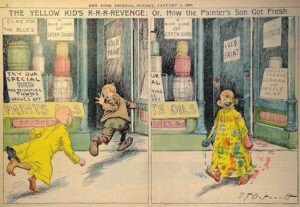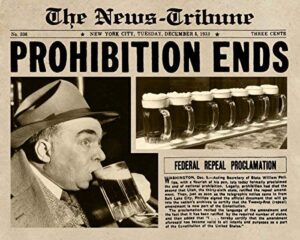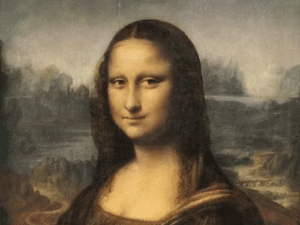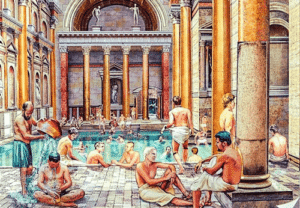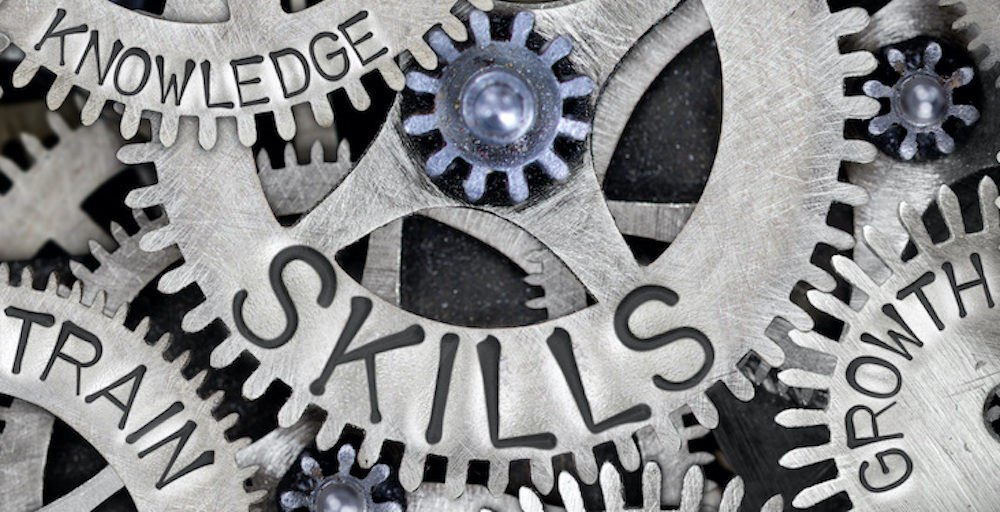7 books that make you smarter
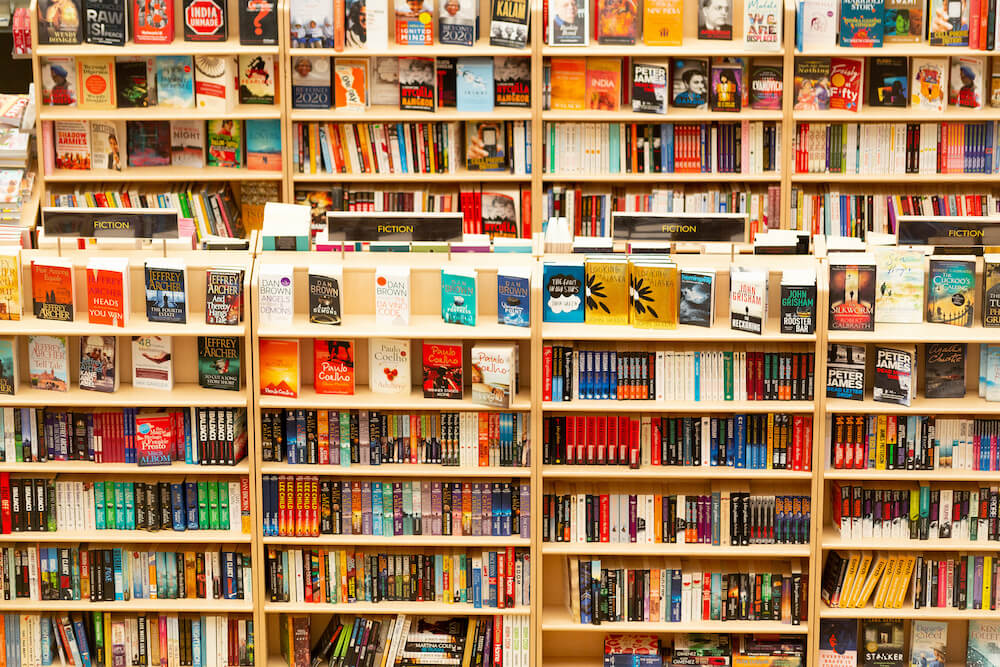
Reading is one of the best universal instruments to boost intelligence, switch off the real world, source imagination, and spend free time with pleasure. Books help improve memory, enlarge vocabulary, polish communication skills, etc. The key factor in reading is to find quality literature that might help develop multiple aspects of your personality and strengthen your skills.
This article contains a list of books to expand your knowledge in different categories: from history to emotional intelligence that might help you explore the world and become smarter. This reading can boost your intelligence and gain more clues about everyday life, planets, psychology, and evolution.
What to read to grasp things about the world?
Nerdish app
Not a book, but a good choice for those who love reading.
Our app is a modern brain supplement that helps you become smarter in an effortless way. Here you can find up-to-date articles on various subjects: health, social and political events, science, art, etc. Every piece takes 10-15 minutes to read and provides you with essential knowledge.
While you can’t have a book on you every time, you can use your smartphone with brain benefits instead. Imagine many books squeezed together, all essential information underlined and fact-checked, and served to you in easy-to-read forms: that`s Nerdish. Every material is divided into chapters so that you can catch on from where you paused.
And there is a time tracker that encourages you to read those five more minutes so that at the end of the day, you could feel that you`ve done your best. To measure your progress, we made article-based quizzes that keep you motivated to pursue self-education.
Intellectual books everyone should read
In addition to our app, we gathered some of the best books for intellectual growth.
History books
Why read them?
Studying history might help us to understand the world better. History is a powerful instrument that enrolls thousands of years before us to teach us lessons, show good and bad examples, tell great stories about conquers and defeats.
It explains why some things exist in specific ways, from general, like democratic systems, religions, world alliances, to something more personal, like how our native countries or languages were born.
History books will make you smarter because they are the quintessence of all lives on this planet that shows us who we are, where we came from, how our civilization has formed and transformed from the distant past until the modern era.
The Guns of August by Barbara Tuchman
In her Pulitzer Prize-winning work, Tuchman focuses on World War One and discovers why this war broke out. She recreated those 30 days of summer before the beginning of the battles. Unlike usual non-fictional books, Tuchman offers a dramatic narrative full of lively portraits and descriptions that allow comprehending those events more vividly.
“When at last it was over, the war had many diverse results and one dominant one transcending all others: disillusion“
Precolonial Black Africa by Cheikh Anta Diop
Europe has been the center of the world for many centuries, so most history books have been written from this old-continent perspective. This book by a Senegalean author gives insider information about life in Africa before the colonization period. Cheikh Anta Diop studied aborigen civilizations’ political and social systems and showed their contribution to western culture.
“It had become indispensable to unfreeze that African history which was there at hand, lifeless, imprisoned in the documents“
Books about space
Why read them?
While our planet seems immense, space is so much bigger and significantly impacts our lives. Understanding space gives us a prospect of how the Earth was created and transformed for millions of years. Apart from exploring stars, galaxies, and planets, we can learn about everyday concepts: how gravity works or why we have seasons.
A Brief History of Time by Stephen Hawking
This book is a classic piece that describes how things work out of orbit. Written in 1980-es, it remains on the best-sellers list in the space department and a must-read book for smart people. Stephen Hawking himself became a legendary scientist who could explain complex notions with clarity and wit. This book is a basis for those who have questions about space and need fulfilling yet straightforward answers.
“The universe doesn’t allow perfection“
Evolution books
Why read them?
Much like space and history, evolution shows how we became humans literally from scratch. Books on evolution show our changes as species with a close connection to nature, planet and co-existing with other species.
Why Evolution is True by Jerry Coyne
This volume ended up on the BBC shortlist of the best evolution literature. It continues classic Darwin views on evolution yet is enlarged with more actual data. Coyne uses engaging and simple language to let all that scientific information soak in. So, if you have any questions on evolution theory or just want to know more, this is what to read to be smarter. As a bonus, Coyne has a blog dedicated to evolution (named as a book), so you can always catch up with the latest news.
“If the entire course of evolution were compressed into a single year, the earliest bacteria would appear at the end of March, but we wouldn’t see the first human ancestors until 6 a.m. on December 31st“
Self-development books
Why read them?
Books on self-development are potent instruments for improving our life and (sorry for banality) becoming a better version of ourselves. They teach us how to think faster, learn new life skills, find inner strength, and manage whatever else we would like.
Man’s Search For Meaning by Viktor Frankl
This book is based on the real experience of living and surviving in a Nazi concentration camp during World War Two. Frankl believes that when a person is left to herself in hard times, he/ she has to find the inner strength to survive. In this book, he focuses on those things that can source with that power: love, hope, optimism, responsibility, and sense in life even when in suffering.
“Everything can be taken from a man but one thing: the last of the human freedoms—to choose one’s attitude in any given set of circumstances, to choose one’s own way”
Thinking, Fast and Slow by Daniel Kahneman
If you are looking for books to read to increase intelligence, it’s the right one. Kahneman has been working as a cognitive psychologist from 196o-es, and this book summarizes his research on how our brains work. He writes about two systems of thinking: system 1 is more intuitive, fast, and emotional, whether system 2 is slower and more logical. How we can improve the way of digesting information and improving our brain work using the two-systems perspective is the central question of this piece.
“Intelligence is not only the ability to reason; it is also the ability to find relevant material in memory and to deploy attention when needed“
Emotional Intelligence books
Why read them?
Emotional Intelligence is not merely a trend but a separate branch of psychology dedicated to human development. While general Intelligence focuses on our knowledge, emotional one is about what we feel and how it affects what we do and think.
Emotional Intelligence: Why It Can Matter More Than IQ by Daniel Goleman
Goleman is a pioneering author in EI, so this reading is a zero-station in the area. Here, he writes about five emotional intelligence aspects: self-awareness, self-regulation, motivation, empathy, and social skills. Book tells about how to develop and handle all these aspects to build and maintain healthy relationships.
“In a very real sense, we have two minds, one that thinks and one that feels“
Artbooks
Why read them?
Art gives us the possibility to learn the history of our civilization in a visual way. Paintings, sculptures, architecture, music, and even fashion give us authentic images of how people lived and what was considered beauty. While history books highlight the most important events and personalities, art helps get a more reality-based picture of the world through time and space. Culture and creativity make a part of our transnational heritage, and discovering them might help us better understand ourselves and the people around us. Studying art gives us a feeling of connection because it speaks a universal language that does not need captions.
History of Art by Ernst Gombrich
This book was republished 16 times for 50 years, translated into 30 languages, and there is a reason. Gombrich offers us a look at artworks through artists’ lenses, trying to show what problems and challenges they had in various centuries. Art here is explained closely with social, political, and historical events that influenced artistic perspectives.
“The whole story of art is not a story of progress in technical proficiency, but a story of changing ideas and requirements“


